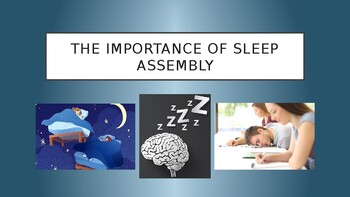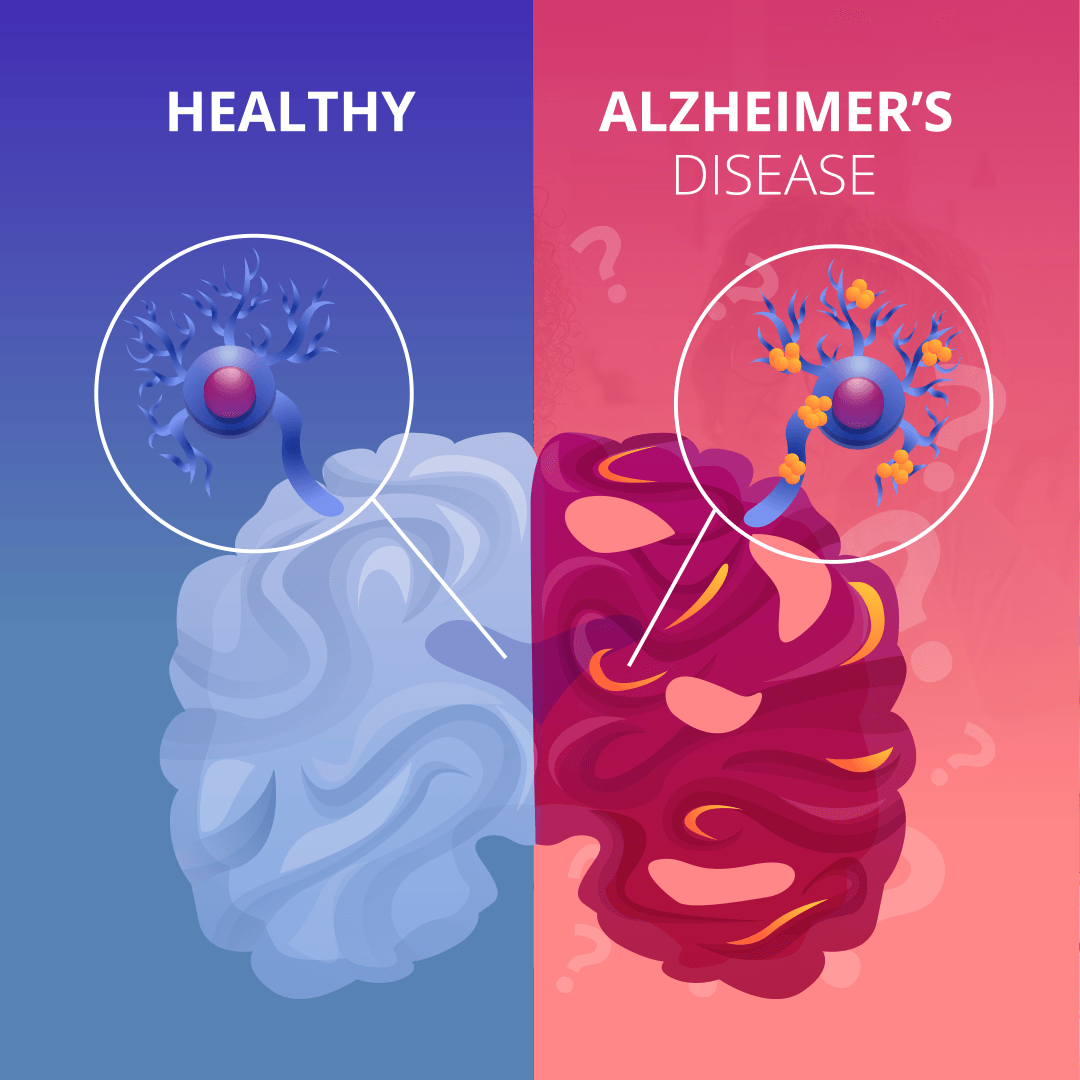“ The Powerful Connection: How Exercise Can Boost Your Mental Health ”
![PE] nie](https://contents.bebee.com/users/id/kNfqk6459e06611b8b/article/the-powerful-connection-how-exercise-WyP0zUsi8Nce/4kGdk.jpg)
ABSTRACT:
Physical exercise has been shown to have a powerful impact on mental health, and research continues to confirm the benefits of exercise for reducing symptoms of depression and anxiety, improving self-esteem and mood, and enhancing overall well-being. This article provides an overview of the connection between exercise and mental health, including the neurobiological mechanisms that underlie this connection, and offers practical tips for incorporating exercise into your daily routine to maximize its mental health benefits.
Material used- Google scholar, wikipidia,pubmed
Keywords – Alzheimer’s dementia, neurological disorder ,genetics
INTRODUCTION
The connection between exercise and mental health is complex and multifaceted. At a basic level, exercise is known to stimulate the release of endorphins, the body's natural feel-good chemicals, which can help to reduce feelings of anxiety and depression. Exercise also increases blood flow to the brain, which can improve cognitive function and enhance mood.
Moreover, exercise has been shown to have long-term benefits for mental health. Regular exercise can improve self-esteem, reduce symptoms of depression and anxiety, and help individuals to cope
more effectively with stress. Exercise has also been linked to improved sleep, which is essential for overall mental and physical health.
The positive effects of exercise on mental health are not limited to a particular type of exercise or duration. Any form of physical activity can be beneficial for mental health, from aerobic exercise such as running or cycling to strength training or yoga. It is important to find an exercise that you enjoy and that fits into your daily routine, so that you are more likely to stick with it.
Here are some ways that exercise can positively impact mental health:
Reducing stress: Exercise can help reduce stress levels by releasing endorphins, which are the body's natural "feel-good" chemicals. Exercise also helps reduce cortisol levels, which is a stress hormone that can cause negative health effects.
Improving mood: Exercise has been shown to improve mood and increase feelings of happiness. This is due to the release of endorphins during exercise, which can produce a sense of euphoria.
Reducing symptoms of depression: Exercise can be an effective way to reduce symptoms of depression. Studies have shown that regular exercise can be just as effective as medication or therapy in treating mild to moderate depression.
Reducing symptoms of anxiety: Exercise can also help reduce symptoms of anxiety. Regular exercise has been shown to reduce
feelings of worry and anxiety in people with anxiety disorders.
Boosting self-esteem: Exercise can help boost self-esteem by improving physical fitness and body image. It can also provide a sense of accomplishment and pride in achieving fitness goals.
Improves sleep: Regular physical activity can improve the quality of sleep, which is important for maintaining good mental health. Exercise can help regulate the body's internal clock, making it easier to fall asleep and stay asleep.
Promotes social connection: Exercise can be a social activity, providing opportunities to connect with others and build relationships. Social connection is an important aspect of mental health and can help reduce feelings of loneliness and isolation.
To reap the benefits of exercise for mental health, it's important to engage in regular physical activity. The American Heart Association recommends at least 150 minutes of moderate-intensity exercise per week, or 75 minutes of vigorous-intensity exercise per week.
Exercise can include activities such as walking, running, cycling, swimming, or strength training. It's important to find an activity that you enjoy and can make a regular part of your routine.
Conclusion:
Physical exercise has numerous benefits for mental health, including improving mood, reducing symptoms of depression and anxiety, enhancing cognitive function, and increasing self-esteem. These benefits can be attributed to exercise's ability to stimulate the release of endorphins, decrease inflammation, and promote neuroplasticity. Therefore, clinicians should incorporate exercise into mental health treatment plans and encourage their clients to engage in regular physical activity. While more research is needed to fully understand the mechanisms underlying the relationship between exercise and mental health, current evidence suggests that exercise is a safe, effective, and accessible strategy for managing mental health conditions
REFERENCES
Salmon, P. (2001). Effects of physical exercise on anxiety, depression, and sensitivity to stress: A unifying theory. Clinical Psychology Review, 21(1), 33-61.
Penedo, F. J., & Dahn, J. R. (2005). Exercise and well-being: a review of mental and physical health benefits associated with physical activity. Current Opinion in Psychiatry, 18(2), 189-193.
Craft, L. L., & Perna, F. M. (2004). The benefits of exercise for the clinically depressed. Primary Care Companion to the Journal of Clinical Psychiatry, 6(3), 104-111.
Dishman, R. K., & O'Connor, P. J. (2009). Lessons in exercise neurobiology: The case of endorphins. Mental Health and Physical Activity, 2(1), 4-9.
Babyak, M., Blumenthal, J. A., Herman, S., Khatri, P., Doraiswamy, M., Moore, K., ... & Krishnan, K. R. (2000). Exercise treatment for major depression: Maintenance of therapeutic benefit at 10 months. Psychosomatic Medicine, 62(5), 633-638


Articles from Mohammad Bilal Khan
View blog
ABSTRACT · We all know how important sleep is for our health and well-being, but why exactly is that ...

Abstract: · Chronic diseases such as diabetes, cancer, and cardiovascular disease are major contribu ...

Abstract -Alzheimer’s disease is a neurological disorder that affects millions of people worldwide. ...
Related professionals
You may be interested in these jobs
-

Laser Technician
Found in: Talent IN C2 - 3 days ago
Fashion TV India Ahmednagar, IndiaAs a skin laser technician your primaryresponsibilities would revolve around operating laser equipment forvarious dermatological procedures and treatments aimed at improvingskin health and appearance. Heres what your job mightentail:Consultation:Meeting with clients to assess the ...
-
Structural Design Engineer
Found in: Talent IN C2 - 6 days ago
Ramboll Mumbai, India Full timeCompany Description · Work at the heart of sustainable change · Ramboll is a global architecture, engineering, and consultancy company. We believe that the purpose of sustainable change is to create a thriving world for both nature and people. So, that's where we start – and ho ...
-
Team Member
Found in: Talent IN 2A C2 - 1 day ago
Cipla Mumbai, IndiaJob Purpose · Validate purchase order entry in SAP system · Track the status of the order by coordinating with all the stakeholders like Regulatory, Planning, Packaging · Ensure supply visibility in 'IMPACT' tool by coordinating with planning team · Communicate directly with cust ...


Comments